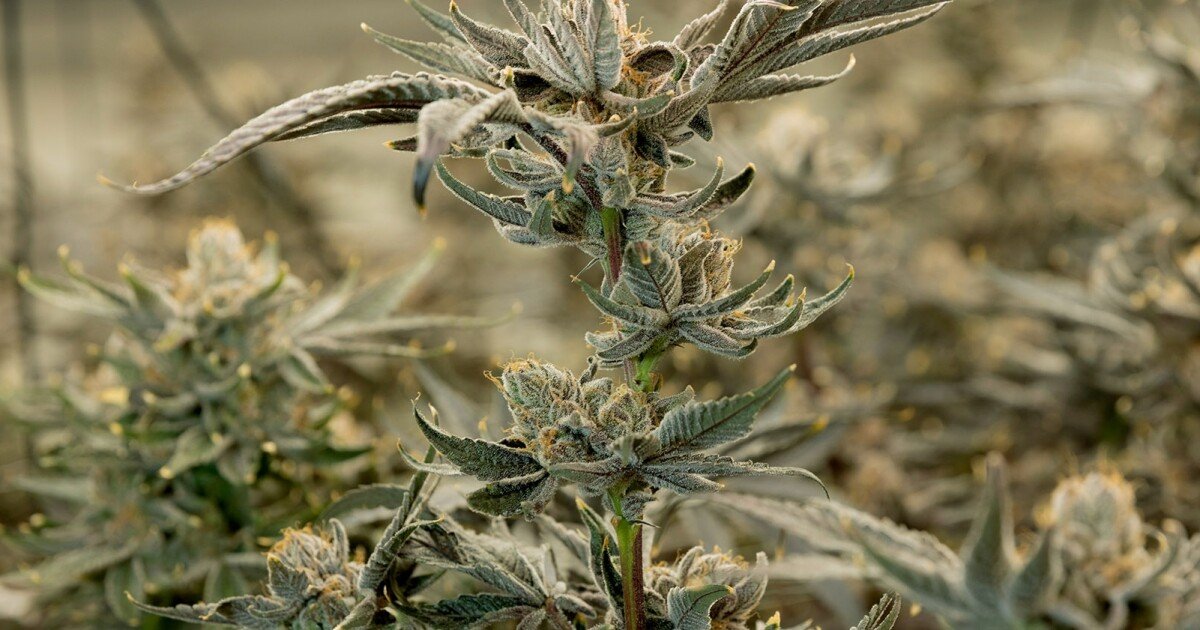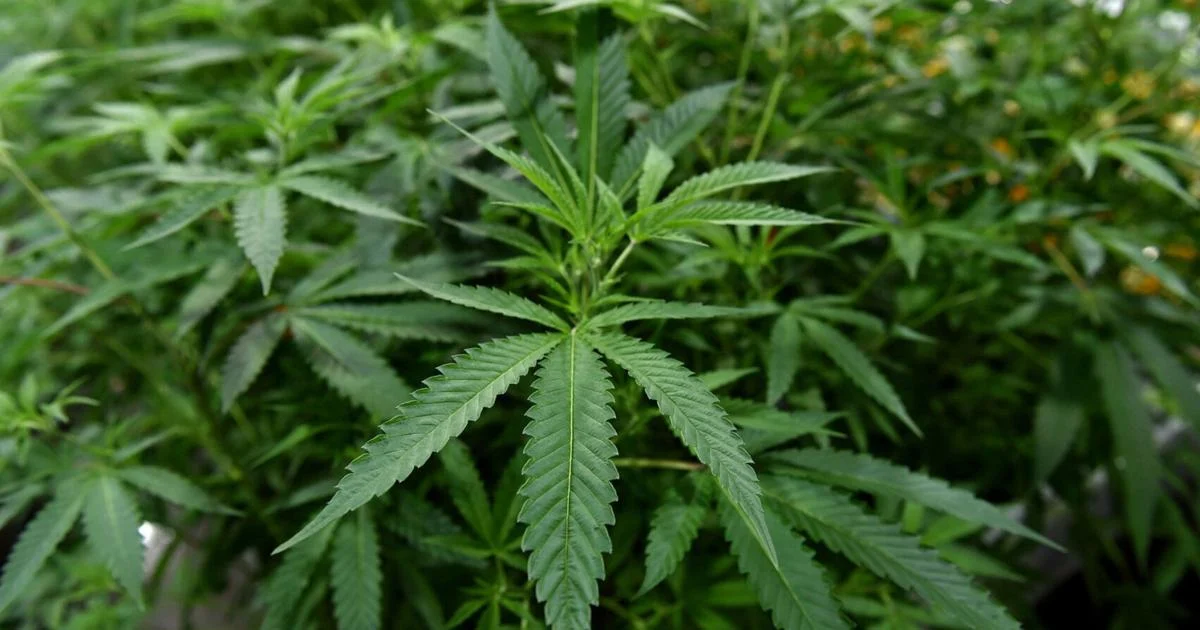Texas lawmakers have approved a major expansion of the state’s medical marijuana program, sending the bill to Governor Greg Abbott for consideration. This development comes as advocates for the state’s hemp industry express concerns over a proposed ban on hemp-derived THC products.
Currently, Texas has one of the most restrictive medical marijuana programs in the United States, allowing only low-THC oil for qualifying patients under the Texas Compassionate Use Program. The newly proposed House Bill 46 aims to increase access by raising the number of licensed dispensing organizations from three to 15, enhancing the production of CBD oil across the state.
The bill allows these organizations to utilize satellite locations for product storage, facilitating easier distribution. It also introduces legal provisions for vaporizers while maintaining a ban on smokable flower. Three new qualifying conditions for patients will be added, including chronic pain, traumatic brain injury, and any terminal illness treated with palliative care or hospice services.
Despite these changes, the expansion may not meet the demands of Texas’s hemp industry, which is valued at approximately $5 billion. Industry representatives are urging Governor Abbott to veto Senate Bill 3, which they argue would effectively eliminate hemp-derived THC products and threaten thousands of jobs.
During a press conference at the Texas Capitol, members of the Texas Hemp Business Council highlighted the potential negative impacts of SB 3, including job losses and reduced state tax revenue. They presented 5,000 letters and a petition with over 118,000 signatures advocating for the veto of the bill.
However, Lieutenant Governor Dan Patrick, a key supporter of SB 3, has labeled hemp-derived THC products as dangerous, emphasizing the need for stricter regulations. The Texas cannabis landscape is thus at a crossroads, with medical marijuana access potentially increasing while the future of hemp-derived products hangs in the balance.




